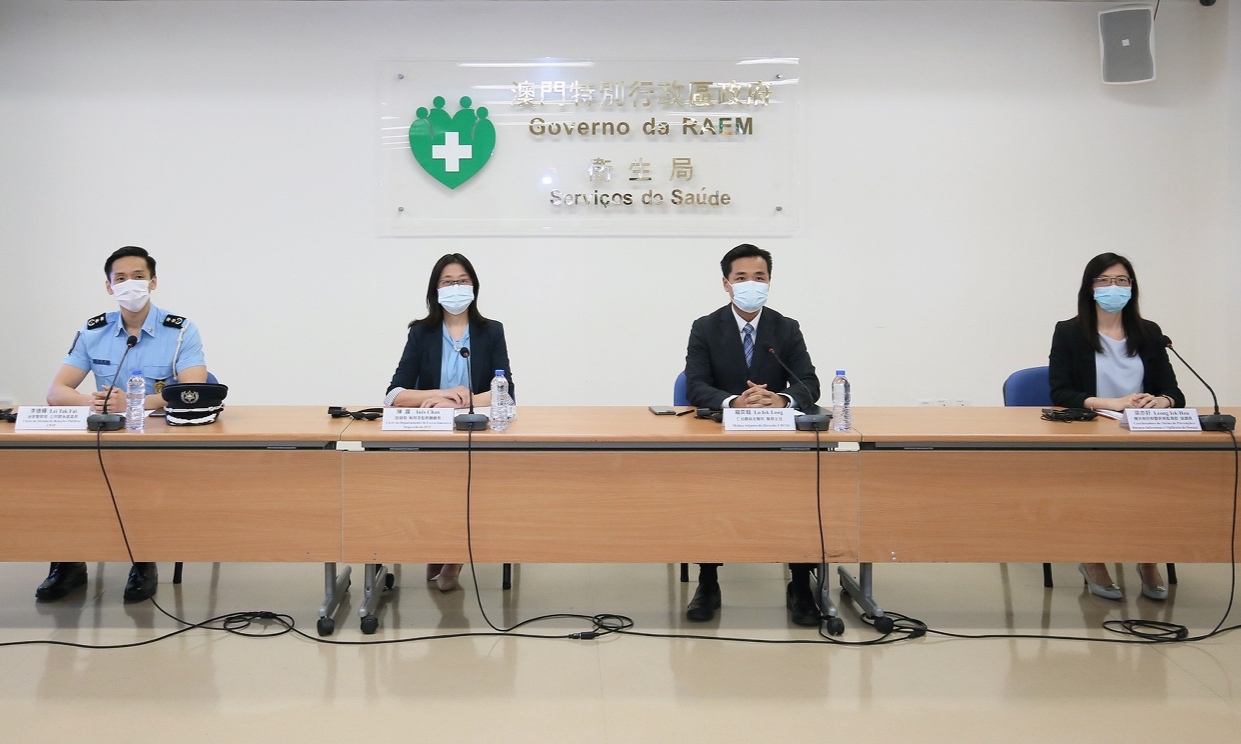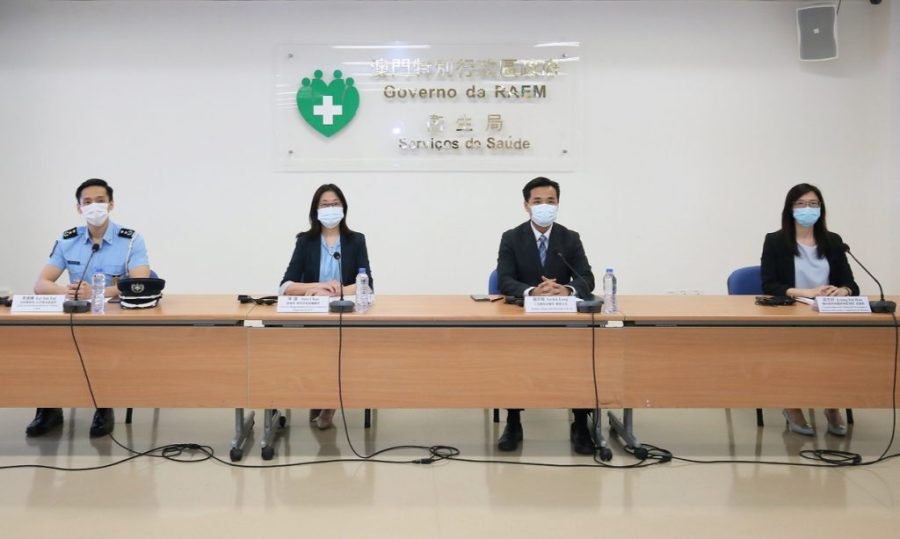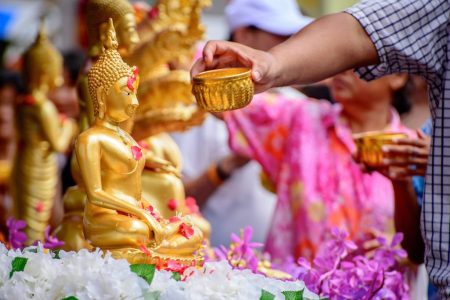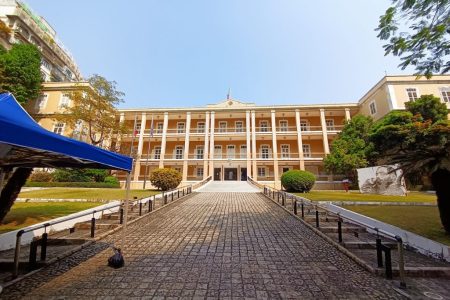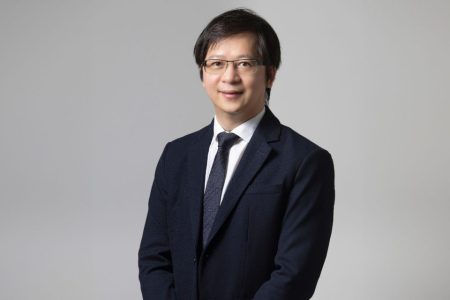Addressing Wednesday’s daily press conference about Macau’s novel coronavirus (COVID-19) situation, Alvis Lo Iek Long, a clinical director of the public Conde S. Januário Hospital Centre, said that the Macau government’s current nucleic acid testing (NAT) scheme at the Taipa Ferry Terminal will be extended from today to mainlanders who have entered Macau with a business visit permit, a permit for visiting relatives, or a travel permit for official purposes, or mainlanders who have entered Macau using their passport.
Mainlanders who enter Macau in transit to a foreign country are allowed to enter Macau with their People’s Republic of China (PRC) passport, in which case they can stay in Macau for up to seven days.
According to Lo, the new groups of mainlanders covered by the testing from today have to pay 180 patacas for each test.
The Macau government launched last Thursday a nucleic acid testing scheme for Macau residents who live in Zhuhai and work in Macau (with a Zhuhai residence permit), and Macau pupils and teachers who live in Zhuhai or Zhongshan. The testing was extended from the next day to other Macau residents who need to cross the Macau-Zhuhai border checkpoints but do not hold a Zhuhai residence permit. The scheme was later extended to mainland non-resident workers who are eligible for the new exemption measure – which has been implemented since Monday – from the 14-day quarantine requirement. The tests have a validity of seven days. The first test is free of charge for all Macau residents and non-resident workers, but follow-up tests will cost 180 patacas each. However, cross-border pupils and teachers are exempt from the fee.
The nucleic acid tests are carried out at the Taipa Ferry Terminal in Pac On daily between 9 a.m. and 9 p.m. The Health Bureau (SSM) can test up to 6,000 people per day in the testing programme, which is carried out in collaboration with a third party testing institution – Kuok Kim (Macau) Hygiene Examination Company Limited.
During Wednesday’s daily press conference, Lo said that the new segments of mainlanders covered by the nucleic acid testing scheme could start to make an appointment from midnight on https://app.ssm.gov.mo/rnatestbook/book. Lo underlined that the places for these new segments of mainlanders per day will be limited because they will first be given to local residents who need to undergo the test.
Lo also said that the Macau’s capability to test 6,000 people per day is equivalent to almost one per cent of the city’s population, which is a “high” percentage, pledging that the local government will continue to enhance its nucleic acid testing capability.
According to the Statistics and Census Bureau (DSEC), Macau’s population stood at 696,100 at the end of March.
Lo also reaffirmed again that having undergone the local government’s nucleic acid testing does not mean that the person will then be exempted from the current 14-day quarantine measure imposed by Guangdong, pointing out that the Guangdong provincial government has not changed its measure in this respect.
Only 2 COVID-19 patients still under treatment
Meanwhile, Lo also announced the discharge of one more COVID-19 patient, a 12-year-old local boy studying in the UK who returned to Macau on March 20. He had gone into medical observation in one of Macau’s government-designated “quarantine hotels” before being diagnosed with the novel coronavirus disease on March 23. Following Wednesday’s discharge after 52 days of treatment, he has started his 14-day recovery period isolation in the Public Health Clinical Centre in Coloane.
Just two of Macau’s 45 COVID-19 patients were still undergoing isolation treatment on Wednesday.
Lo also pointed out that Macau has not confirmed a new COVID-19 case for 35 consecutive days. Among Macau’s 45 COVID-19 cases, 43 have been classified as imported, while two have been classified as “cases related to imported cases”.
Lo also said the fact that Hong Kong yesterday confirmed two local COVID-19 cases will “certainly” affect the ongoing discussions on the possible gradual relaxation of the current border entry curbs and quarantine measures between the two special administrative regions.
No sequelae
Lo also said that none of the local COVID-19 patients who have been discharged has shown any sequelae, i.e. conditions which are the consequence of a previous disease or injury. However, he pointed out that all the discharged local patients will undergo a follow-up check-up one month after being discharged.
(The Macau Post Daily/Macau News)
PHOTO © Government Information Bureau (GCS)
